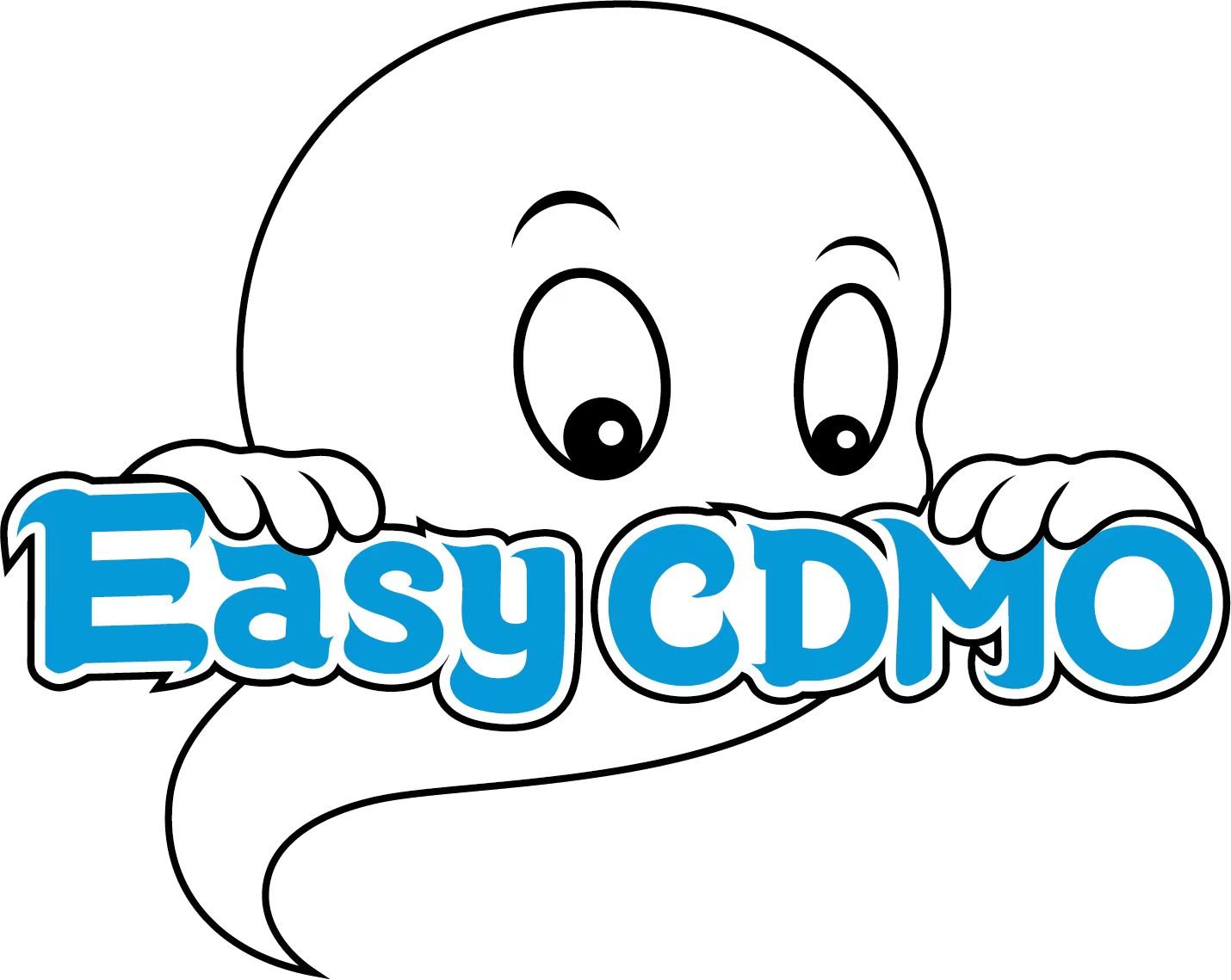Good Manufacturing Practice (GMP) intermediates are critical elements in the pharmaceutical industry, crucial in ensuring that drugs are safe, effective, and manufactured under stringent quality controls. It generates key building blocks for the final product, these intermediates—compounds that are produced early on in drug development. Properly managing GMP intermediates is vital to maintaining product quality and adhering to regulatory guidelines. This article explores GMP intermediates, their role in drug development, and their importance in pharmaceutical manufacturing.
What Are GMP Intermediates?
In the context of drug development, GMP intermediates are raw materials or semi-finished products produced during the manufacturing process of pharmaceutical drugs. These intermediates are not the final product pharmaceutical which is realized but they are steps into its creation. GMP intermediates can include various chemical substances, enzymes, or biologics required to produce a drug. The substance, if further processing, refinement or synthesis is needed, may become an active pharmaceutical ingredient, or final drug formulation.
The key characteristic of GMP intermediates is that they are produced under Good Manufacturing Practices (GMP), ensuring they meet specific quality, purity, and safety standards throughout production. From initial synthesis all the way to final quality control, these intermediates must walk through the entire lifecycle governed by GMP (Good Manufacturing Practice) guidelines to properly comply with the guidance from the FDA (Food and Drug Administration) and EMA (European Medicines Agency).

The Role of GMP Intermediates in Drug Development
The drug development journey is a long and complex journey with multiple stages – including discovery, preclinical testing, clinical trials and commercialization. GMP intermediates play a crucial role in several of these stages, especially in drug production’s synthesis and scaling up. Here are a few key areas where GMP intermediates are indispensable:
Drug Synthesis and Formulation
GMP intermediates are often used to synthesize APIs, active ingredients in pharmaceutical drugs. These intermediates chemically altered and refined to produce the final API are the starting point of the drug formulation process. The intermediates needed to maintain the potency and efficacy of the drug are these features.
Quality and Quality Control
Drug manufacturing is consistent because consistency is crucial in the manufacturing of a drug, anything that changes the composition or the quality of the drug will cause the drug to fail and hit back on some kind of adverse reaction. GMP intermediates ensure that the manufacturing process remains consistent, reducing variability and maintaining the quality of the final drug product. Responsive to rigorous testing and monitoring, manufacturers make sure that intermediates meet specified quality requirements, all important to maintaining the drug quality overall.
Regulatory Compliance
GMP intermediates are subject to strict regulatory oversight to ensure they meet the standards required by regulatory agencies such as the FDA, EMA, and other global health authorities. The intermediates must be produced in facilities that meet GMP manufacturing requirements and are free from contaminants and conform to their intended drug manufacturing specification. The result of the non compliance with the GMP guidelines can be delayed, recall or ban of the drug on its products.
Scalability of Production
As drug manufacturers scale production from small batches to commercial-scale quantities, GMP intermediates play a key role. They allow us to get from lab scale development to large scale manufacturing in a smooth and efficient way. They are produced in controlled environments so that final drug formulation purity meets quantity requirements.

Safety and Efficacy
All aspects of drug development aim to yield drugs that are safe and efficacious. GMP intermediates contribute to the safety of the final drug by ensuring that each step of the production process is carefully controlled. Adhering to GMP will help you, as a pharmaceutical company, minimize the risk of contamination, cross contamination (and therefore errors) that could lead to compromising the drug and also it will help to ensure best practices throughout your operation. Moreover, the basic and secondary intermediates used in the drug manufacture are of high purity and high potency.
Importance of GMP Intermediates in Ensuring Drug Safety and Quality
The importance of GMP intermediates cannot be overstated, as they are integral to pharmaceutical products’ overall safety and efficacy. The extracts, or these intermediates, undergo rigorous testing for purity, identity, potency and stability. Quality assurance teams continuously monitor every aspect of the intermediate’s production to ensure that it meets the required standards before it moves onto the next stage in the drug development process.
Many drugs, if the intermediate stage of manufacturing materials fails to comply with GMPs, will be in defective form and the risks to patient health may be serious. Intermediate contamination or incorrect manufacturing can lead to impurities, change the stability of the final product and — in extreme cases — undermine the efficacy of the drug. Intermediates are processed by manufacturers to meet the most stringent GMP requirements and this helps ensure that drugs are regulatory compliant and safest and most effective through strict GMP standards.
Challenges in Manufacturing GMP Intermediates
While GMP intermediates are vital for drug development, their production presents several challenges. These challenges include:
- Cost and Time: Producing GMP intermediates requires significant investment in facilities, equipment, and personnel to ensure compliance with GMP standards. High production costs and extra time for development of a drug are the results of this.
- Complexity of Synthesis: For synthesis of confident intermediates, mainly for biological drugs or complex chemical compounds, it can be difficult and time consuming. The necessary purity and quality levels need expertise and precision in the manufacturing processes.
- Supply Chain Issues: Securing a consistent supply of high-quality GMP intermediates is crucial. Whether it’s disruptions in the supply chain that result from natural disasters or regulatory hurdles or logistical challenges of its own, the timeline can be escalated if the supply chain is disrupted.
Conclusion
GMP intermediates are a foundational component of the pharmaceutical manufacturing process, playing an essential role in drug development. Without them drugs aren’t made, tested and produced with the highest quality and safety standards. From maintaining regulatory compliance to ensuring the final drug’s efficacy, GMP intermediates help pharmaceutical companies navigate the complexities of drug development and bring safe, effective medicines to the market. As the pharmaceutical industry continues to evolve, the importance of GMP intermediates in safeguarding public health and enhancing drug quality will only grow.

